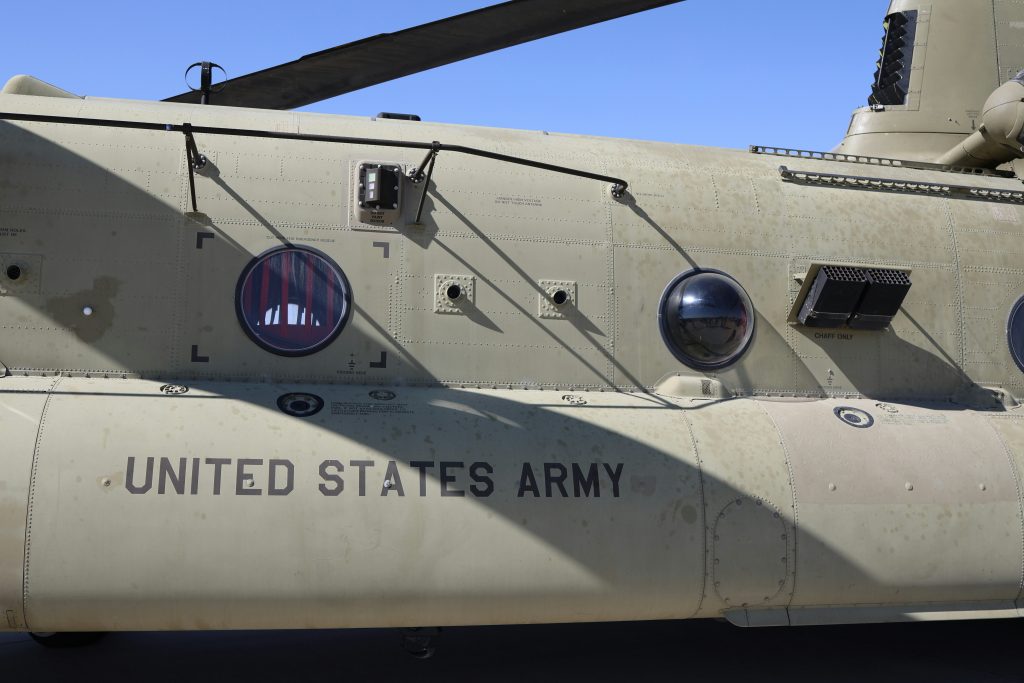Intense Military Operations Target Hamas Leader Amid Ongoing Conflict
In a significant escalation of military operations in Gaza, the Israeli military has reported the deaths of three militants in a targeted action. Among the individuals under scrutiny is Yahya Sinwar, the leader of Hamas, who has been labeled as a key architect behind the devastating attacks on October 7, 2022. Reports indicate that Israeli intelligence agents are currently assessing whether Sinwar was among those killed in the operation.
Since the attacks, which resulted in the tragic loss of over 1,200 lives and the abduction of more than 250 hostages, Sinwar has become a focal point for Israeli military efforts. Despite the ongoing violence and military pressure, sources close to Sinwar suggest that he remains defiant, showing no remorse for the actions taken by Hamas during the assault. This unyielding stance has only intensified the resolve of Israeli forces to locate and eliminate him.
The implications of Sinwar’s possible demise could be profound, marking a pivotal moment in the prolonged conflict between Israel and Hamas. Should the reports of his death be confirmed, it would represent the culmination of a year-long pursuit by Israeli forces, who have been meticulously tracking the movements of the Hamas leader, believed to be hiding within the complex network of tunnels utilized by the militant group in Gaza.
The Israeli military’s ongoing efforts reflect a broader strategy aimed at dismantling Hamas’s leadership and operational capabilities, further complicating the already fragile situation in the region. As tensions continue to mount, the international community watches closely, with concerns about the potential for further escalation and humanitarian crises.
In the wake of these developments, the situation in Gaza remains precarious, with civilians caught in the crossfire of military operations and retaliatory strikes. The humanitarian implications of such military actions are dire, as aid organizations struggle to provide assistance amid ongoing conflict and instability.
As Israel continues its campaign against Hamas, the fate of Sinwar remains uncertain, with each passing day heightening the stakes for both sides. The military’s assertion that they are evaluating the possibility of his death underscores the importance of leadership in this conflict and the lengths to which both parties will go to secure their objectives.
In conclusion, the potential death of Yahya Sinwar could signify a turning point in the ongoing struggle between Israel and Hamas, with repercussions that extend beyond the immediate conflict. As the situation evolves, it is crucial to remain vigilant and attentive to the developments on the ground, recognizing the profound impact that these events have on the lives of countless individuals caught in the turmoil.
The world holds its breath as the outcome of this operation could reshape the dynamics of power within Gaza and the broader region, emphasizing the critical need for a sustainable resolution to the conflict that has plagued this area for decades.
Tags: Gaza, Hamas, Israel, Military Operations, Sinwar, Yahya Sinwar
Stalemate in Gaza Negotiations: Urgency for Ceasefire Intensifies
As tensions in the Middle East remain high, the ongoing negotiations surrounding a potential ceasefire between Israel and Hamas have reached a critical impasse. U.S. President Joe Biden is intensifying his efforts to encourage a resolution, emphasizing the urgency of reaching a deal that includes the release of hostages held by Hamas. Israeli sources have indicated that Biden’s comments could be perceived as a ‘gift’ to Israeli Prime Minister Benjamin Netanyahu, potentially undermining the prospects for fruitful negotiations.
The complexities of the situation are further compounded by Netanyahu’s insistence that Israeli forces remain deployed along the Gaza border, a demand that has emerged as a significant obstacle in talks with U.S. negotiators. The insistence for military presence reflects Netanyahu’s broader security concerns but also adds layers of difficulty to the already intricate negotiation process.
In the shadows of these discussions lie the hostages, many of whom have been held in Hamas tunnels for over ten months. Their plight has not only stirred public sentiment but has become a crucial element in the overarching narrative of the conflict. Humanitarian advocates are increasingly vocal about the urgent need for their safe return, and the hostages have become emblematic of the human cost of the ongoing strife.
As negotiations stall, both sides are under pressure. The international community is closely monitoring the situation, with calls for immediate action growing louder. Biden’s administration is keen to facilitate a ceasefire that would pave the way for humanitarian aid to flow into Gaza, which has been severely affected by the ongoing conflict. The U.S. is striving to balance its support for Israel’s security while addressing the humanitarian crisis unfolding in Gaza.
Despite the urgency expressed by world leaders, the path to a ceasefire remains fraught with challenges. The dynamics of the conflict are complex, with deep-rooted historical grievances and ongoing violence complicating the prospects for peace. As the situation evolves, the focus remains on finding common ground that can lead to a resolution, with the hope that both sides can agree to a ceasefire that prioritizes the safety and dignity of all affected.
Tags: Ceasefire, Gaza, Hostages, Israel Netanyahu, Middle East


